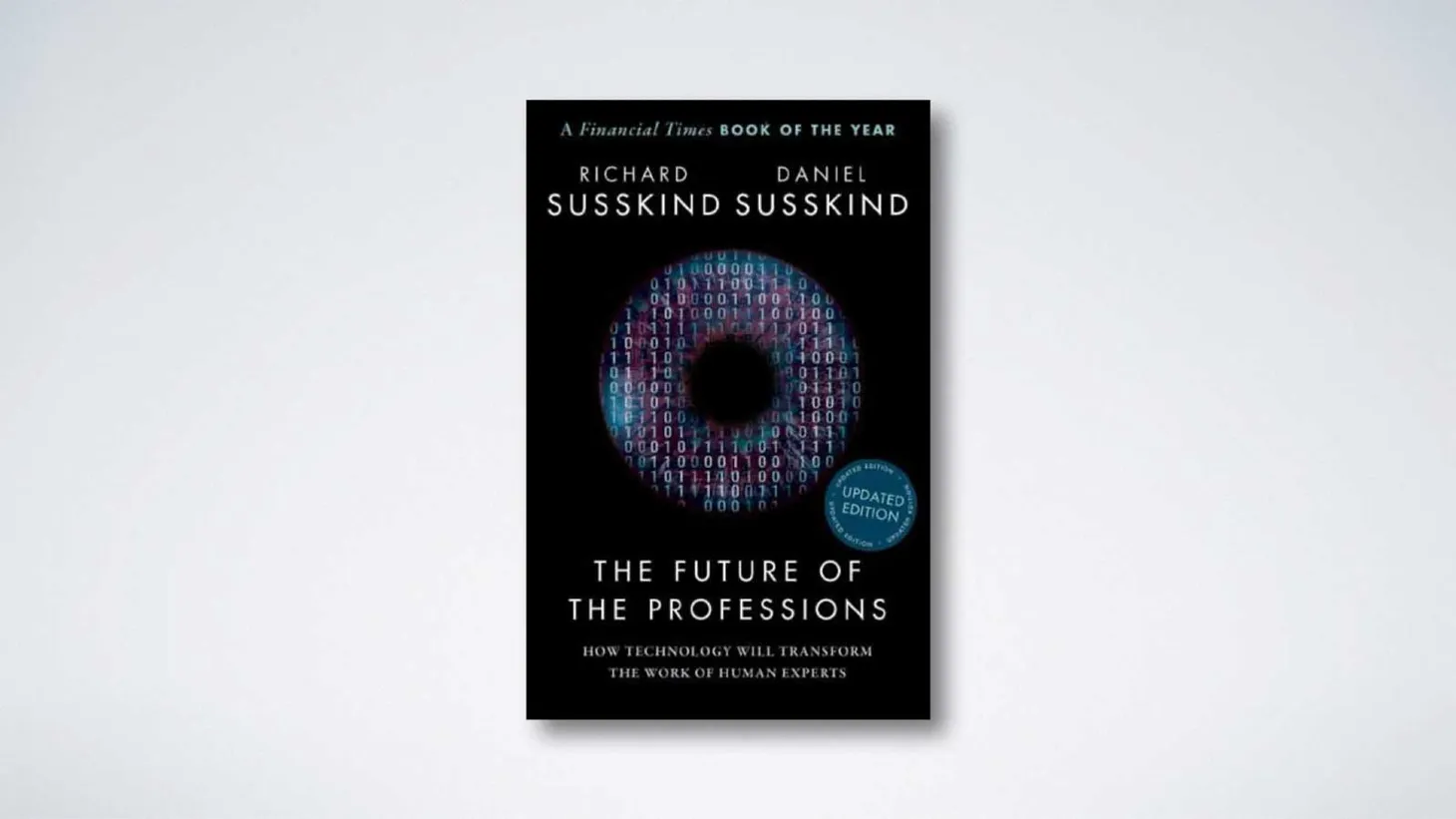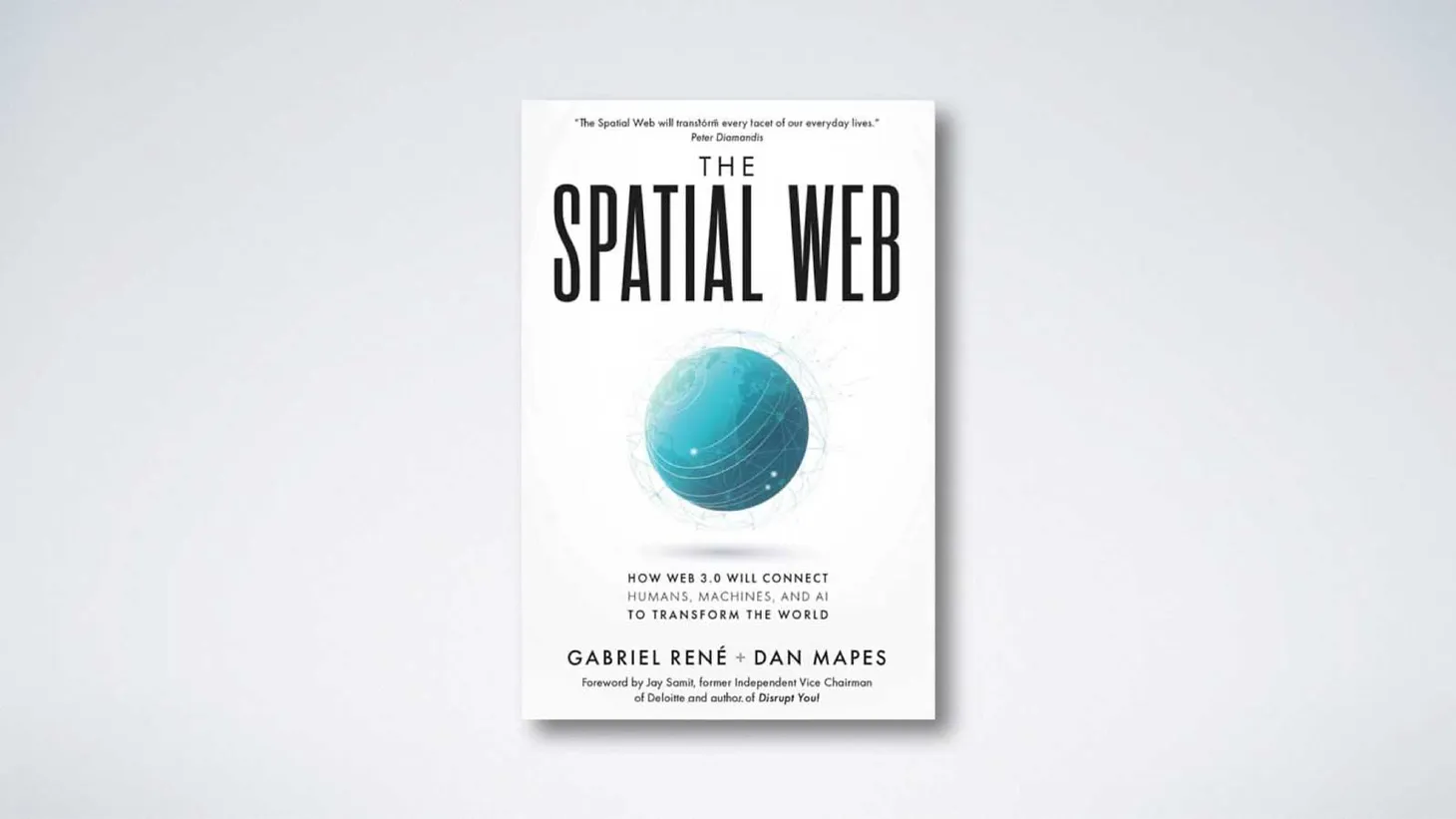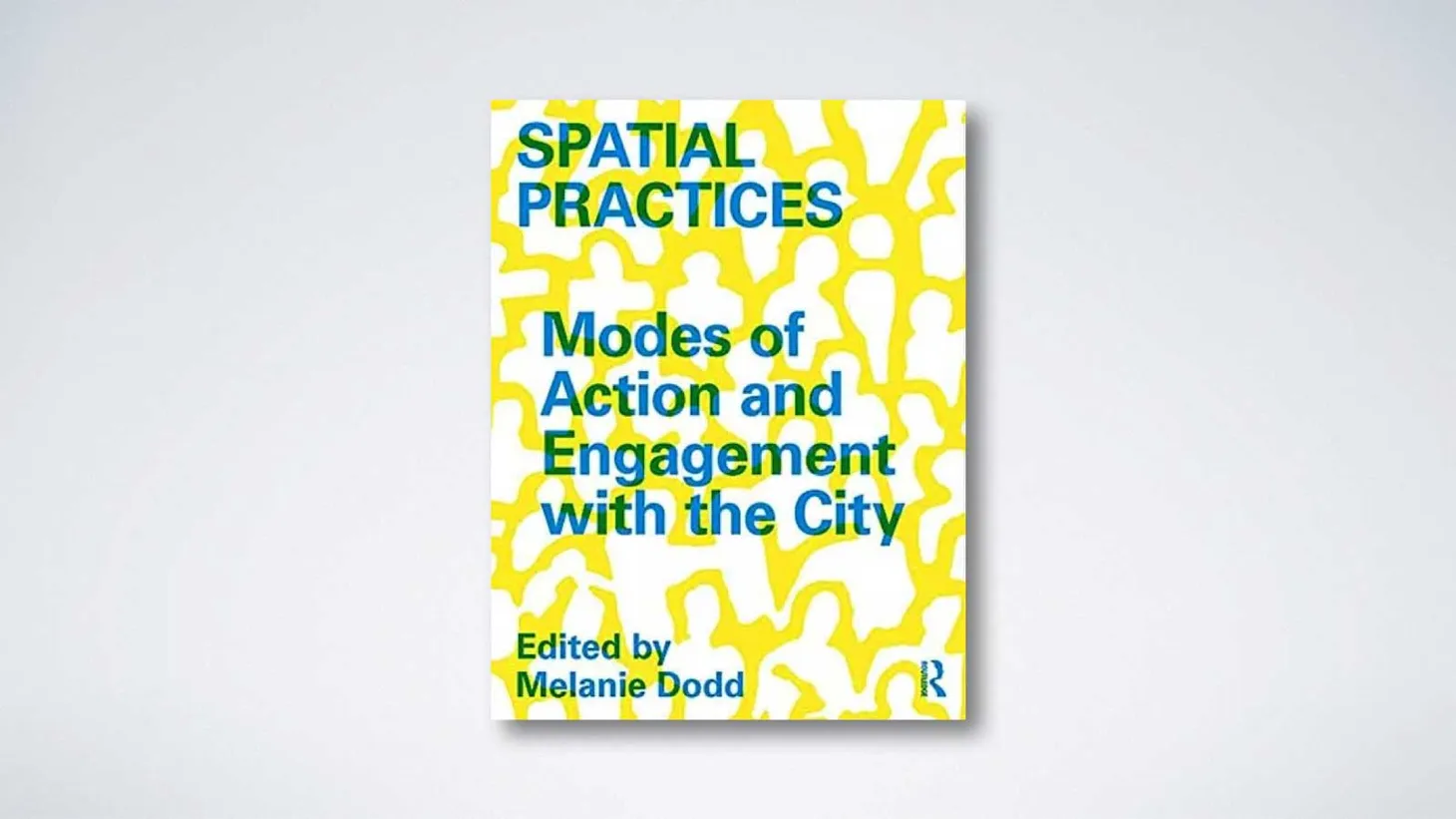Reality is Broken
A manifesto in support of the world-changing potential of games
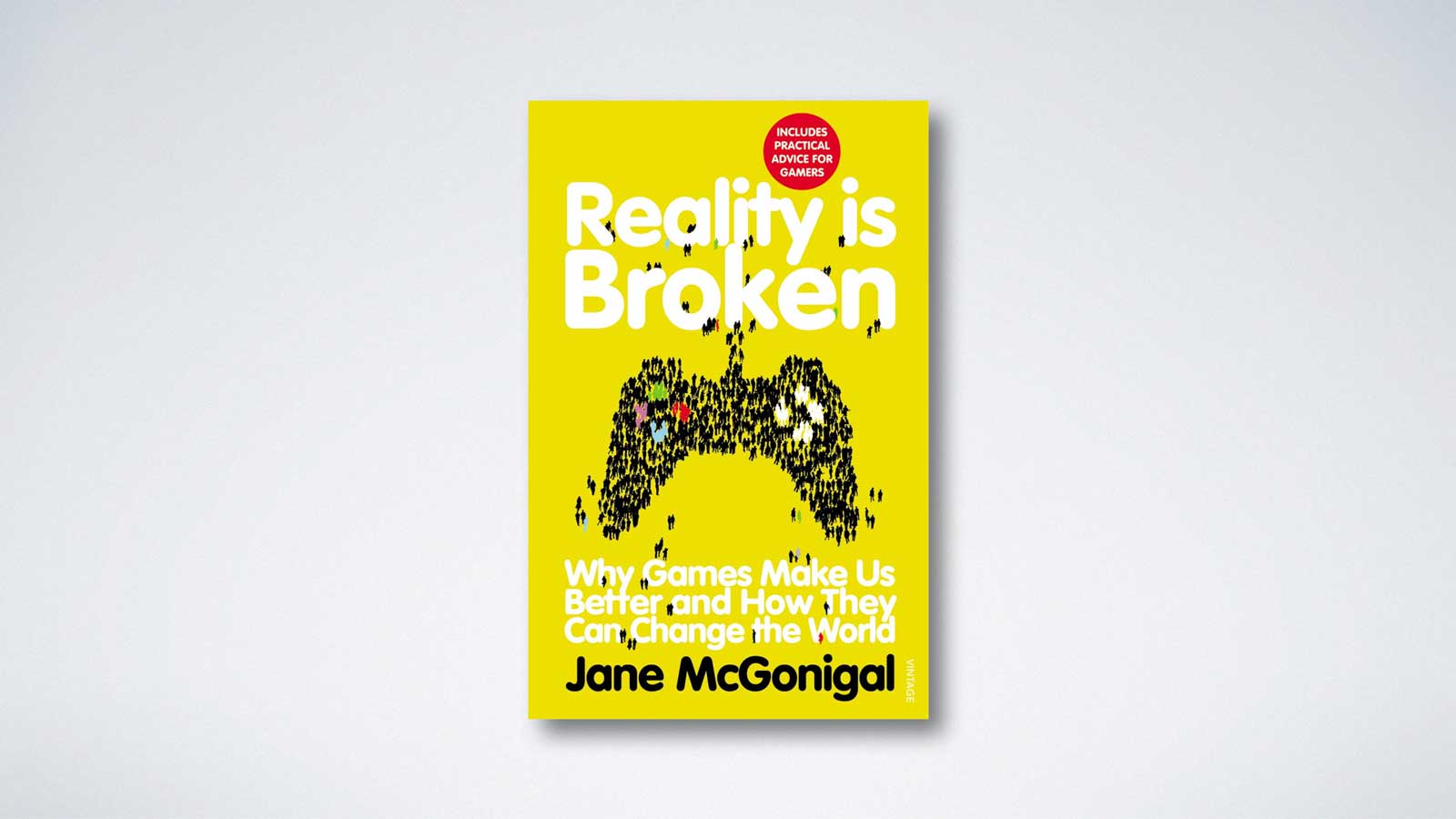
Table of Contents
Back to the future
What do the films Tron, WarGames, and The Last Starfighter all have in common? 1980s nostalgia? Yes, however, all of these films have an underlying message that games can be used to teach and inspire and, critically, crossover with impact into a real world.
It should not come as a surprise that the era saw video games rise in the public’s imagination, both the console and arcade varieties. These films played with their audience's suspension of disbelief, with themes rooted in the transformative potential of play.
Here, our author Jane McGonigal is a genuine believer – in the potential of games to change ourselves and our world. McGonigal asserts that they are “the most important medium of the 21st-century“. She may be right.
Engagement
Reality is Broken references concepts of engagement and flow to explain the focus and rewards of wilfully participating in activities that are “more challenging than [they have] any reasonable right to be“ – one of the curious phenomena that make a game a game.
As defined by McGonigal (and others), in every game we have a goal, rules, a feedback system and voluntary participation. We are engaged because we voluntarily sign up to the rules and restrictions, receive reports of how well, or badly we are doing, and have a reference to how close or far we are from the goal in relation to others. Nothing like a little competition!
We discover how gaming captures and condenses what might otherwise be fleeting emotional highs – and gives context to our feelings of purpose and community.
While many of us experience the drudgery of learning at school or working at the office, the experiences of learning and work are transformed by the purpose-driven environment of games – to the extent that in the nature of play we actively seek learning and work. Surely, there are clues here for us to uncover strategies for improving lifelong wellbeing in our society.
This is not a game
Some argue that excessive gaming creates an emotional and intellectual drain from our attention in the ‘real world’, but McGonigal suggests that our ‘real’ day-to-day lives are not satisfying our emotional needs, and that the immersive game worlds fill the void. However, she sees the potential for games to return the favour back to society through their personal and social transformative potential.
Although the author characterises much of our immersion in gaming as an escape from unrewarding reality, alternate reality games (ARG’s) achieve the opposite – they demand that we continually engage with the real world. They are “anti-escapist game[s]”.
Through this engagement, ARG’s have more direct potential to provoke and reshape our thinking, and enable us to carry the experience beyond the ending of the game – an afterglow of sorts.
Collaboration
There is gold to be mined in online gaming where, as McGonigal rightly points out, participants excel at collaboration. She defines three elements of this effort, all valuable if not essential for fulfilment and success in collaboration outside of games – cooperation, coordination and co-creation.
Given the enormous emotional and intellectual investment in games by players, it is no wonder that the likes of Meta (social media) and J.P. Morgan (banking) see trillion-dollar-level opportunities in the famed ‘metaverse’. Will we allow these companies to capture the voluntary labour of millions and transform it into riches for a few? Both sectors mentioned have already excelled at this.
Or are there alternatives where the fruits of that labour can be enjoyed by the players themselves and ‘repatriated’ back to the real world?
However it plays out in the future, we already have established communities and economies with the likes of Roblox, Minecraft, Fortnite, and others.
And the winner is …
What is the finale of McGonigal’s game? Spoiler alert! — for her, in the future, a game designer to worthy of the Nobel Peace Prize.
Can games change the world? If we harness them, for the sense of purpose, fulfilment and intrinsic rewards that they engender, the answer is an unequivocal yes.
A decade after publication, Reality is Broken is as relevant as ever.
Author: Jane McGonigal
Year of Publication: 2010
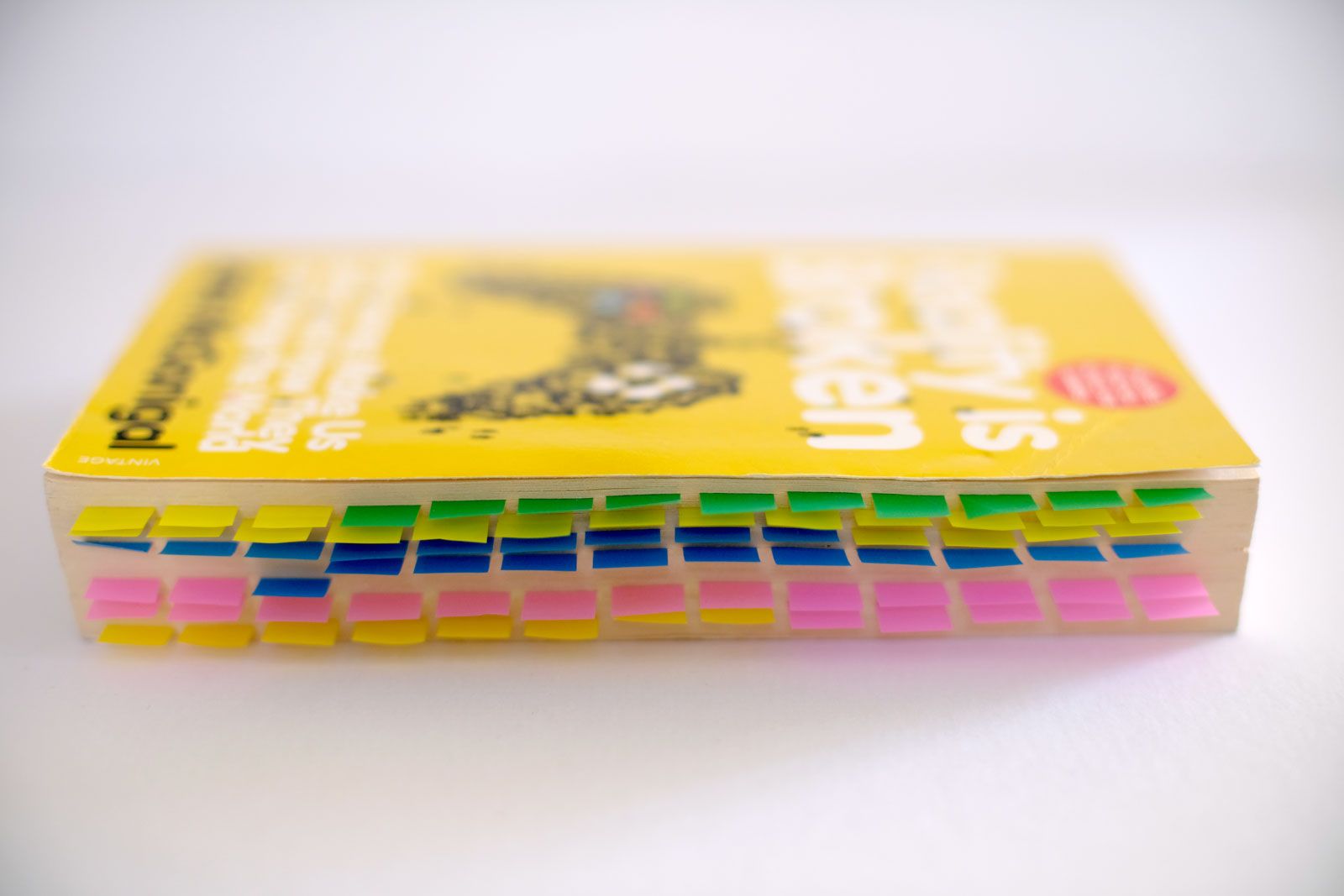
amonle Journal
Join the newsletter to receive the latest updates in your inbox.

